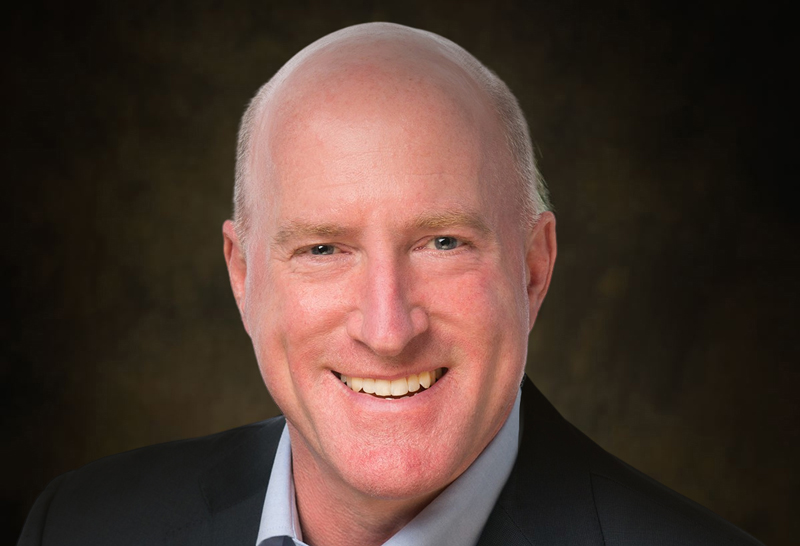Two days of work. One day off. Then two night shifts, followed by four days off. And repeat.
How you view that kind of work schedule depends on your natural disposition, your approach to life, your domestic situation and other personal circumstances. Some may find it appealing, while others may see it as incompatible with a well-balanced existence.
Either way, that kind of schedule is known as rapidly rotating shift work, and according to Dr. Dave Dedrick, it tends to be hard on human beings’ internal clock.
“Some people would look at that and say, ‘Well, the majority of that time, they’re on days,’” said Dedrick, clinical division director – medical specialties for St. Charles Medical Group. “But those two nights where the work happens outside our normal circadian rhythm puts a tax on the body, because when we’re not in line with our circadian rhythm, our body doesn’t know what to do.”
Dedrick explained the circadian rhythm: “All of these things run like a beautiful orchestra, if you will, and you’re relying on the timing of one part of your body doing something in synchrony with another part,” he said. “The circadian rhythm is the drum major that helps organize all of that, and when it gets out of sync, the wheels come off the cart.”
About three years ago, Dedrick worked with Bend Police to study how the department’s shift schedule affected officers’ sleep patterns and to screen them for sleep apnea. That work was part of a larger effort to improve the health of the unit – an effort that resulted in the introduction of a wellness program that includes yoga practice, mindfulness training and peer support.
Now, he’s doing similar work with the Deschutes County Sheriff’s Office, whose officers work a standard schedule of – you guessed it – two days on, one day off, then two night shifts, followed by four days off. The county reached out to Dedrick last fall as part of its Health of the Force Initiative, which aims to provide tools and resources for deputies to care for their physical, mental and spiritual well-being, said Sheriff L. Shane Nelson.
“The law enforcement profession is stressful on our deputy sheriffs, and their families,” Nelson said. “I work with great teammates. We want to do all we can to improve and take care of them and their families in order to ensure successful careers in providing excellent public safety and customer service.”
Dedrick’s work with the Sheriff’s office will happen through an investigator-initiated clinical trial designed to study how rapidly rotating shift work affects conditions that can lead to cardiovascular morbidity and mortality, such as high blood pressure, high blood sugar and cholesterol levels, sleep apnea and excess body fat around the waist.
“We don’t think of police officers as being a marginalized population, but when it comes to health outcomes, they are very marginalized,” Dedrick said. “They really do very poorly. Part of it is the stress, and part of it is the sleep.”
Dedrick’s trial with the Sheriff’s office is unique in that, thanks to the officers’ schedules, each of the 19 people involved can serve as their own control. Here’s how it will work:
- First, St. Charles collected baseline health data on each officer while they were working the rapidly rotating shift schedule.
- In mid-January, about half of those 19 officers started working all days, and the rest started working all nights. They will do that for about two months and then collect the same baseline data.
- After two months, the two groups will trade shifts and collect data again.
- Near the end of the trial, Dedrick and two partners – Dr. Mark Backus of Cascade Internal Medicine Partners and Dr. Richard MacDonnell of MyMD Personal Medicine – will analyze the data and then hand it over to a statistician to “grind the numbers,” Dedrick said.
St. Charles’ Research Department is setting protocol, obtaining regulatory approvals, coordinating with patients and generally overseeing the trial to ensure the data is completely anonymous and to eliminate any possibility of investigator bias by “letting the data speak for itself,” said Noura Sall, research manager for the health system.
“Often for our trials, the recipe is written by someone somewhere else who works in a particular industry and comes to us and says, ‘Here it is, please follow it to the letter,’” she said. “This time, one of our physicians has an idea and we’re the ones helping to write that recipe. It’s fun and it’s exciting.”





